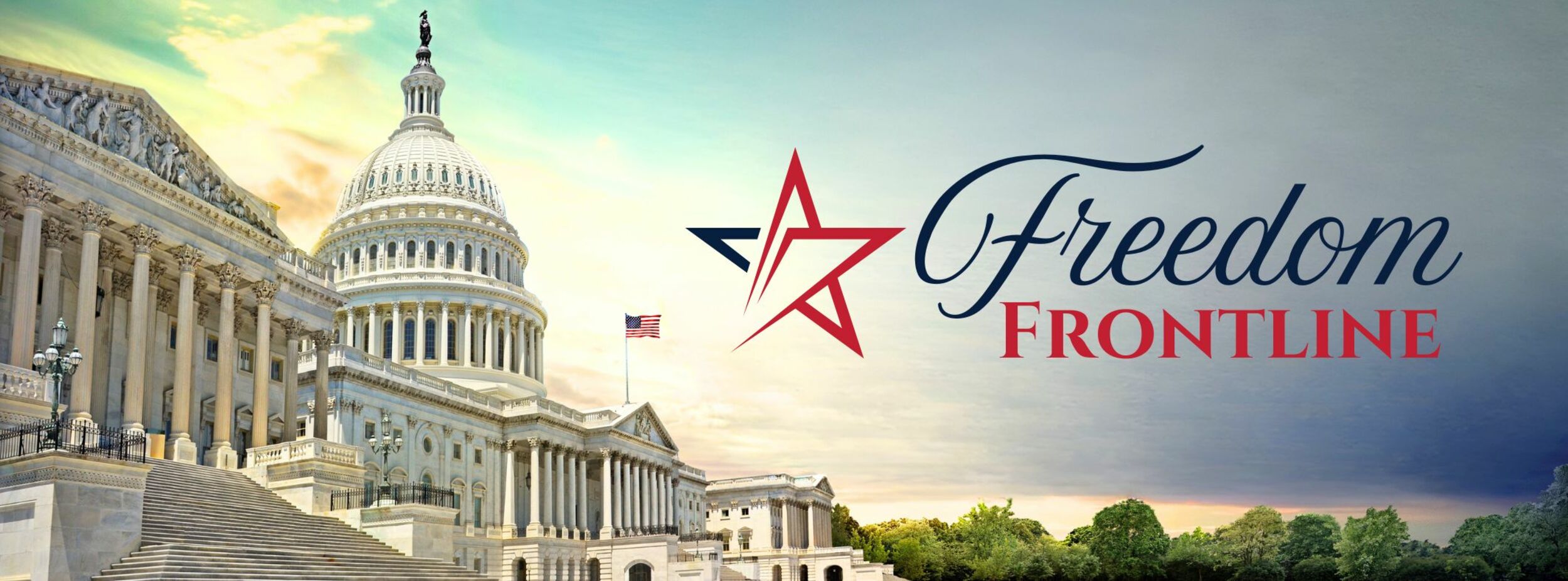
The Constitution: Cornerstone of Liberty and the American Experiment:
The United States Constitution stands as a testament to the vision of a nation rooted in liberty, justice, and enduring principles. Drafted in 1787, it serves as the supreme law of the land and the framework for governance. Its influence extends beyond America's borders, inspiring countless democracies around the globe. Understanding the Constitution’s significance is vital not only for its role in the founding of the nation but also for preserving its values for future generations.
A Foundation of Freedom:
The Constitution was designed to balance power and safeguard individual liberties. It outlines a government structured on three branches—legislative, executive, and judicial—each with checks and balances to prevent tyranny. This balance reflects the Founding Fathers’ commitment to a republic that derives its power from the consent of the governed. As James Madison, often called the “Father of the Constitution,” remarked: "The powers delegated by the proposed Constitution to the federal government are few and defined. Those which are to remain in the State governments are numerous and indefinite."
This balance ensures that federal authority does not overshadow the autonomy of states and individuals.
Securing Justice and Rights:
The Constitution enshrines justice as a core principle. The preamble’s promise to “establish Justice” resonates in its provisions, such as the guarantee of due process and equal protection under the law. The Bill of Rights, added in 1791, reinforces this commitment by safeguarding freedoms like speech, religion, and assembly. Alexander Hamilton championed the Constitution’s protective nature, asserting:
"Here, sir, the people govern; here they act by their immediate representatives."
Hamilton believed that the Constitution not only empowered government but also restrained it from encroaching on the rights of citizens.
A Guide Through Challenges:
Throughout history, the Constitution has been a beacon in times of national crisis. From civil war to social reform movements, it has guided the nation in resolving conflicts and adapting to change. Its flexibility, via the amendment process, allows it to evolve while maintaining its core principles. Thomas Jefferson emphasized this adaptability: "I am not an advocate for frequent changes in laws and constitutions. But laws and institutions must go hand in hand with the progress of the human mind." This perspective underscores the foresight of the Founding Fathers in creating a living document capable of enduring change.
Unity Amid Diversity:
The Constitution is also a unifying force. In a nation as diverse as the United States, it provides a common framework that upholds shared values while respecting differences. Its supremacy clause ensures that federal law is the law of the land, preventing fragmentation and ensuring coherence. George Washington, the nation’s first president, highlighted its unifying role: "The Constitution is the guide which I never will abandon." His words reflect the commitment to unity and adherence to the principles that bind the nation together.
A Responsibility to Preserve:
Preserving the Constitution requires vigilance and education. Citizens must understand their rights and responsibilities to hold leaders accountable. The Founding Fathers entrusted future generations with this sacred duty, as reflected in Benjamin Franklin’s famous reply when asked about the government they had created: "A republic, if you can keep it." This response serves as a reminder that the Constitution's survival depends on an informed and active citizenry.
The United States Constitution is more than a historical document; it is a living embodiment of the values that define the nation. Its principles of liberty, justice, adaptability, and unity have withstood the test of time, providing a foundation for governance and a vision for the future. By cherishing and upholding the Constitution, we honor the legacy of the Founding Fathers and ensure that the American experiment continues to thrive. In their wisdom, the Founders gave us the tools to build a nation that is free, fair, and resilient. Their words and actions remind us of our shared responsibility to preserve and protect the Constitution for generations to come.
